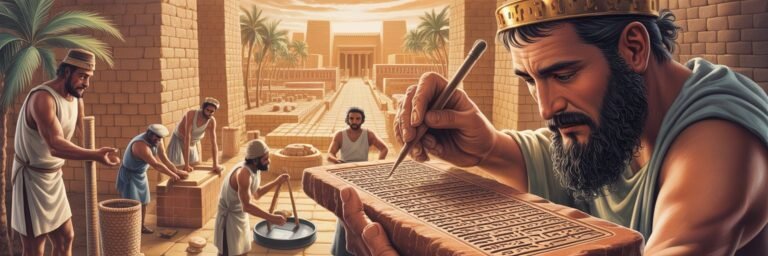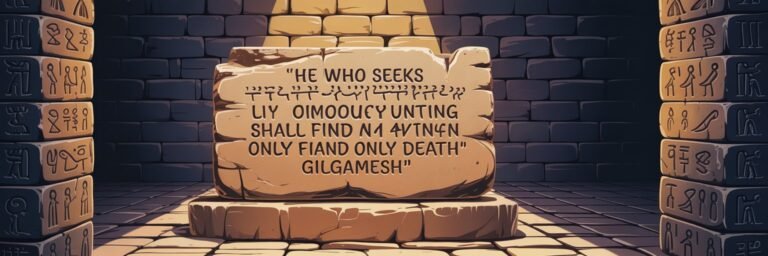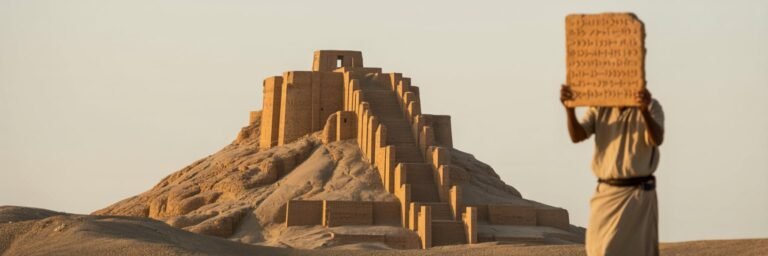INTRODUCTION
In the modern world, global politics are shaped by the interactions of powerful nations, systems of governance, economic factors, and cultural exchanges. Undeniably, our current political landscape is a product of thousands of years of human history. One such ancient influencer is Mesopotamia—often referred to as the cradle of civilization. This article explores how Ancient Mesopotamia shaped global politics and, in turn, today’s world.
HISTORICAL BACKGROUND
Dating from around 6500 B.C., Mesopotamia was located in what we today recognize as Iraq, Eastern Syria, Southeastern Turkey, and parts of Western Iran and Kuwait. The Fertile Crescent was home to early empires like the Sumerians, Akkadians, Babylonians and Assyrians. It was the birthplace of some of the earliest recorded instances of writing, mathematics, law, urbanization, and organized religions.
THEORIES AND INTERPRETATIONS
Traditionally, historians viewed Mesopotamia mainly as a fertile land of maturing cultures where the fundamentals of civilization took shape. Agriculture systems, standard units for measurement, legal codes and the conceptualization of time with hours and minutes were born here. But further advancements in historical studies and archaeology have allowed us to understand Mesopotamia’s influence in a broader global context.
The idea of ‘statehood’ initiated in Mesopotamia played a significant role in forming our understanding of civilization and governance. Taking the example of Hammurabi’s Code, one of the earliest known codified law systems from Babylon, it was emblematic of central control executed for societal order. The rudimentary principles of justice and authority laid out in Hammurabi’s Code influenced later law codes, including Roman law and thus Western legal systems.
MYSTERIES AND CONTROVERSIES
Still, the deciphering of cuneiform script and uncovering of the depth of Mesopotamian civilizations has led to debates, adding a layer of controversy to any interpretations of this ancient society. Alternate theories propose that Mesopotamia was a more advanced and interconnected society than initially thought, having developed economic systems and international relations comparable to our contemporary global economy, albeit on a smaller scale.
The Mesopotamians had a complex system of trade, extending to the Indus Valley, Egypt, Anatolia, and the Mediterranean, all of which demanded diplomatic relations and security measures akin to modern geopolitics. Commodities from different regions symbolize the influential role of Mesopotamia in global trade and intercultural exchange, rendering it an early pioneer of globalization.
SYMBOLISM AND CULTURAL SIGNIFICANCE
The symbolic representation of the ‘state’ is another key contribution of Mesopotamia, particularly demonstrated in their art and architecture. Ziggurats, the step pyramid-like structures built as part of their temple complexes, symbolize the integration of authority, religion, and community. They stand as early prototypes of civil, sacred, and political spaces, analogous to our modern parliaments, courts, and city squares.
MODERN INVESTIGATIONS
In the 21st century, with the advent of digital technologies and new archaeological methodologies, research into Mesopotamia has expanded dramatically. Geoarchaeology and advanced imaging have aided in the discovery of buried cities and unseen inscriptions on cuneiform tablets. These investigations contribute additional insights into the politics, societal structures, and global interactions of these ancient peoples.
For example, recent studies infer that the mass migrations triggered by the fall of the Akkadian Empire might represent one of the first recorded instances of forced displacement due to political instability. This directly echoes modern phenomena like refugee movements and political asylum, illustrating that Mesopotamia’s reach may extend into the roots of contemporary challenges.
LEGACY AND CONCLUSION
Mesopotamia’s legacy shapes our world in subtle and profound ways. The early concepts of statehood, law and international diplomacy originated here, forming the core of our modern political systems.
Simultaneously, their symbols of governance have permeated through time, influencing how we perceive power and statehood today. The desire for order, rule of law, and structured administration can be traced back to these ancient societies. Their global connections remind us that international relations and trade are not phenomena of modernity but part of a continuous human legacy.
The controversies and mysteries surrounding ancient Mesopotamia invite us to reevaluate our own political structures. Unraveling these complexities will certainly deepen our understanding of how our world has evolved. While we have come a long way since Hammurabi’s Code and Akkadian trading routes, the echoes of these earliest civilizations endure, shaping our systems, our symbols, and indeed, our global politics. Thus, the exploration of how ancient Mesopotamia shaped global politics remains a complex and captivating pursuit, reminding us of our historical depth while pointing to the interconnectedness that has always been a part of our global community.






